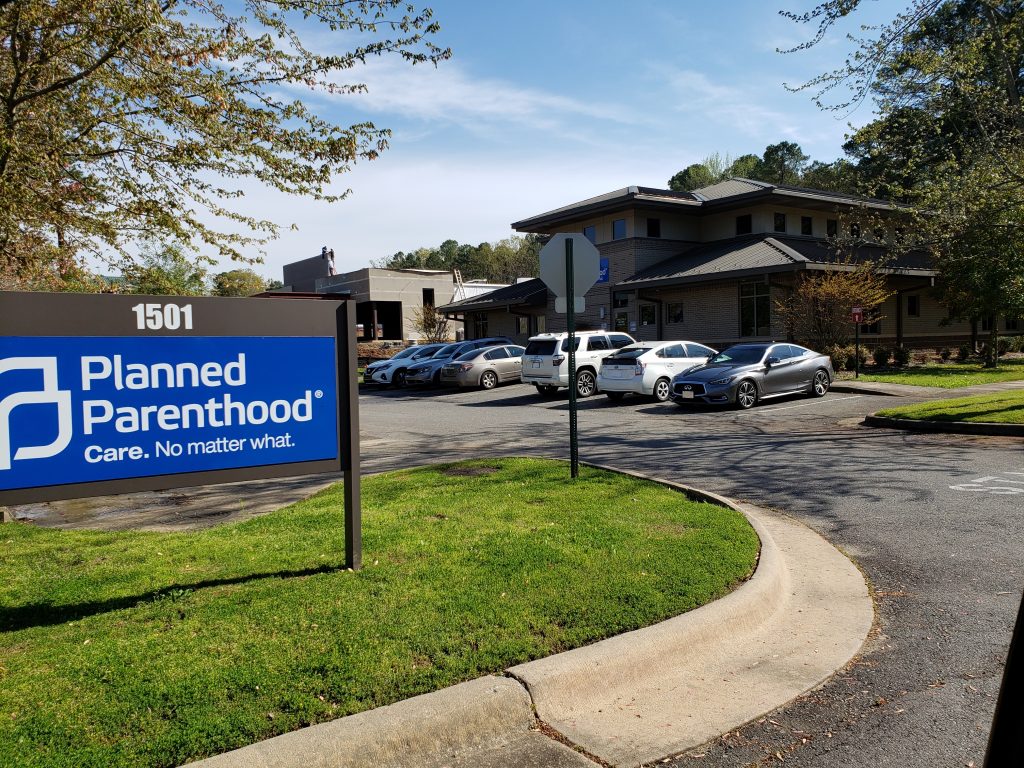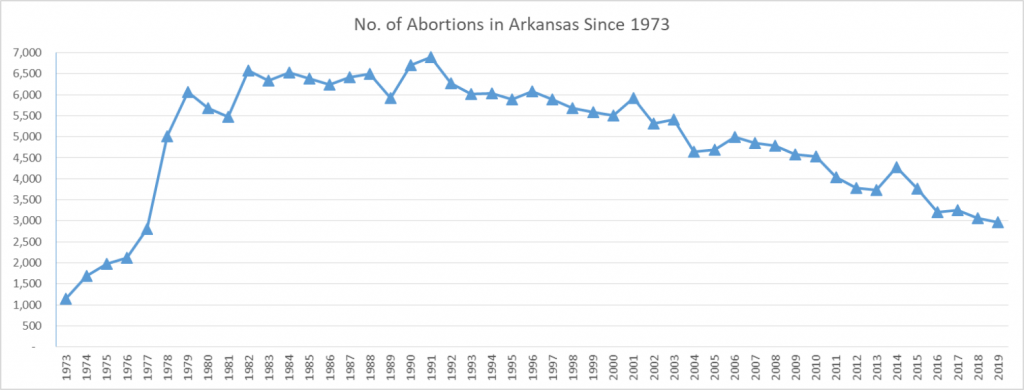Video: Abortion in Arkansas Sinks to 43-Year Low
Abortion in Arkansas has dropped to historic lows, according to reports released by the Arkansas Department of Health.
Watch this video to learn more.
Abortion in Arkansas has dropped to historic lows, according to reports released by the Arkansas Department of Health.
Watch this video to learn more.

Yesterday we reported that Arkansas’ abortion numbers have fallen to a 43-year low, according to documents released by the Arkansas Department of Health.
Today we want to delve a little more into those numbers.
On Monday the state Health Department released three reports regarding abortion in Arkansas:
Here’s a glimpse into what these reports reveal:
Over the coming days we plan to release additional information further analyzing these reports.
In the meantime, here is something important to take away from all of this:
Abortion in Arkansas has continued to decline year after year.
Arkansas has passed excellent pro-life laws, and these reports show those laws are saving lives.
Slowly but surely we are winning the fight to protect unborn children.

FOR IMMEDIATE RELEASE
Monday, June 1, 2020
Little Rock, Ark. — On Monday the Arkansas Department of Health released its annual reports on the number of abortions performed in the state.
The reports show that 2,963 abortions occurred in Arkansas in 2019.
Family Council President Jerry Cox released a statement saying, “Arkansas’ abortion numbers haven’t been this low since 1977. The fact that Arkansas’ abortion numbers continue to fall year after year is really good news.”
Cox said the number of abortions performed in Arkansas have been cut by more than half since the 1990s. “In 1991 there were nearly 7,000 abortions in Arkansas. Teen abortion fell to record lows last year. Across the board, abortion is on the decline in Arkansas.”
Cox said the reports show Arkansas’ informed-consent laws have helped women choose options besides abortion. “Arkansas has excellent laws that require abortionists to give women all the facts about abortion up front, including abortion’s risks, consequences, and alternatives. They also have to give women time to consider all options before making a final decision. We estimate from these reports that more than 500 women chose not to have abortions last year after receiving this information.”
Cox said his group will continue working to end abortion in Arkansas. “Arkansans are overwhelmingly pro-life. Public opinion polling shows most Arkansans believe abortion ought to be either completely illegal or legal only under certain circumstances. In the past five years the Arkansas Legislature has enacted more than two dozen good, pro-life laws. These reports from the Department of Health simply go to show that all of that pro-life work is paying off.”
###